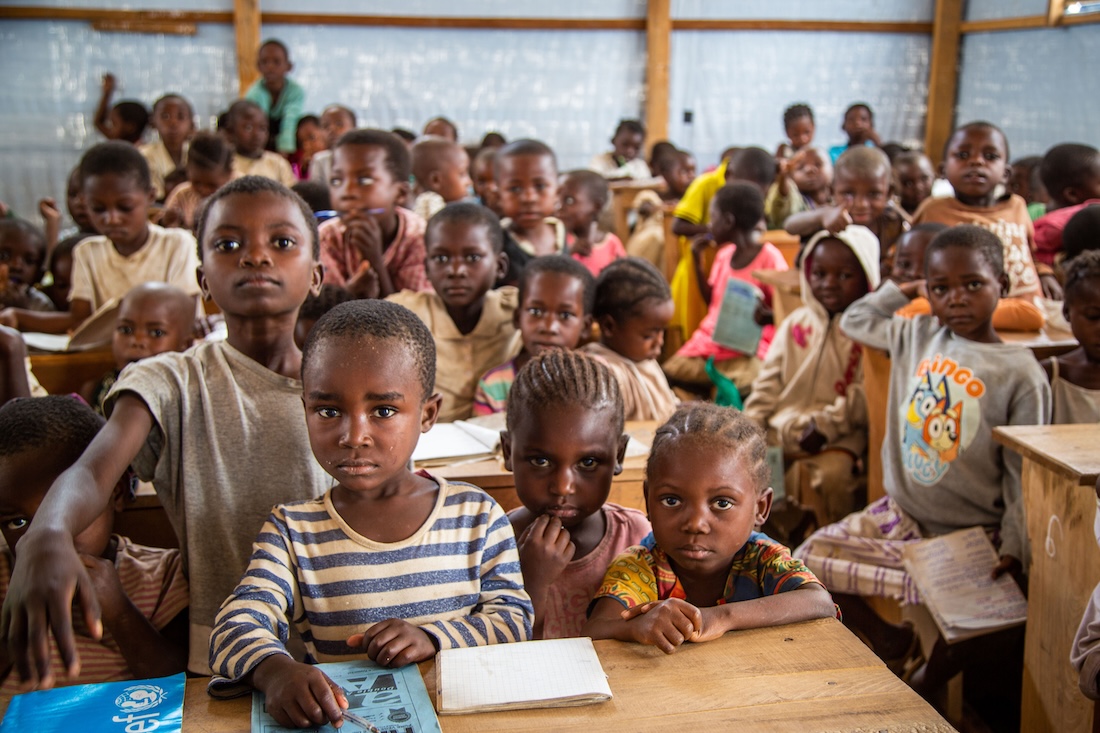
UNICEF has issued a stark warning that global education is facing an unprecedented crisis, with budget cuts threatening the futures of up to six million children by 2026.
The organization’s latest forecasts reveal that a $3.2 billion reduction in official development assistance (ODA)—a 24% drop from 2023—could force millions of students out of school, reversing decades of progress in education access.
“The future of entire generations is at stake,” said Catherine Russell, Executive Director of UNICEF. “Letting education be the variable for fiscal adjustment jeopardizes the chances of peace, growth, and stability for decades to come.”
The most vulnerable regions are expected to suffer the most. West and Central Africa could see nearly 1.9 million children at risk of dropping out, while the Middle East and North Africa face around 1.4 million children affected.
Countries such as Ivory coast and Mali may experience declines in school enrolments by several hundred thousand pupils, compounding existing challenges of instability and poverty.
Primary education is particularly threatened. UNICEF estimates that one-third of the funding for early and primary education could disappear. This stage is crucial for children’s cognitive development, social integration, and access to nutrition.
Without support, millions risk falling into poverty, illiteracy, and even exploitation, potentially causing a long-term global economic loss of $164 billion.
Schools in conflict zones and humanitarian crises are also at risk. For example, 350,000 Rohingya refugee children could lose all access to education, leaving them vulnerable to exploitation and trafficking. Girls are likely to be the hardest hit, as families facing financial constraints may prioritise boys’ schooling, exacerbating gender inequalities.
Even children who remain in school could experience declines in educational quality due to fewer teaching resources, reduced teacher training, and limited monitoring of student progress. UNICEF estimates that nearly 290 million children worldwide could see the quality of their education deteriorate in coming years.
In response, UNICEF is urging donor countries to take immediate action. Recommendations include redirecting aid to the least developed countries, maintaining education budgets during crises, prioritizing early and primary education, reforming financial structures for efficiency, and exploring innovative financing solutions.
“Children’s education is one of the best investments for everyone’s future,” Russell emphasized, underscoring the urgent need to prevent a collapse of the global education system.



